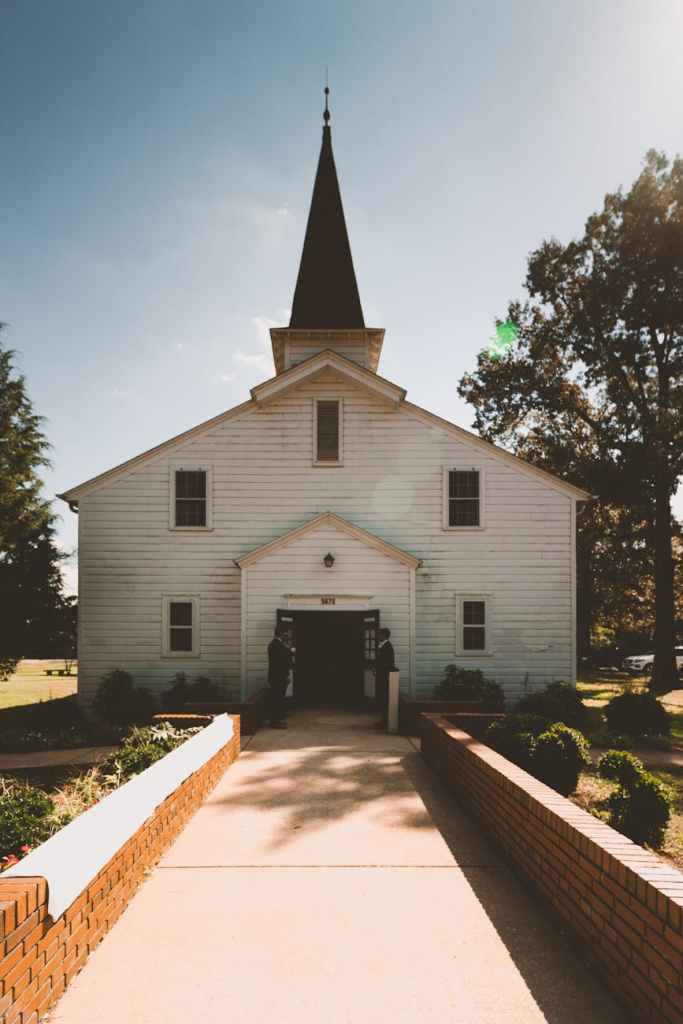


History: it’s a funny, cantankerous old thing. Any action seems to produce its opposite. It may be happening again. Starting in the South east London Borough of Lewisham.
As every schoolchild knows, the Industrial Revolution produced an atomised, nihilistic society where the overwhelming majority lived in slums, and worked every hour for pitiful wages. The new metropolises like Manchester drew waves of strangers into disease ridden slums. The results were far indeed from the hopes of the philosophers of the Enlightenment whose heady thoughts on free markets had kick-started the whole sorry mess. Yet somehow, in those desperate places, people began to come together. New community organisations began to thrive. Methodist Churches were one example. Trade Unions another. There were things like Working Mens clubs and libraries. Building Societies. And of course the Co operative movement, where poor people could club together to make their purchases at their own shops.(overseas readers might like to know it still exists today, but is barely differentiable from any other hight street grocer) Each in turn contributed to the foundation of the Labour Party. Fast forward one hundred years, what with the collective experience of wars and depressions and most people assumed that collective actions were the optimal solutions to most of our problems.
Following the world crisis of 1973-74,everything changed. Free marketeers saw their chance to exalt the individual above all else. Writers like Hayek and Friedman paved the way for politicians like Thatcher and Reagan. Even popular books like The Selfish Gene could be read in such a way as to exalt the cult of the sovereign individual . Down with the state! Taxes were an imposition on human liberty! Although the adherents of such doctrines could never explain how the National Health Service was Communist, but the Army was not, the individualistic tendency bit deep into our lives and culture. With the results we see today. Once again, atomised communities. Poverty. Capital in the hands of a very few, who invest with a grudging reluctance that would make Mr Gradgrind envious indeed. Pollution, rack rented slums, and growing poverty, especially among children.
Once again there seems to be a reaction setting in. Starting at the bottom, people are beginning to come together in groups to save what is important to them, from the all -dissolving solution of unrestricted free markets. As Kemi Alemoru explains in this article for The Standard [1], it seems to begin around the need to preserve collective things like music venues and pubs. Her piece treats the Southeast London area of Lewisham as a sort of living field experiment. But the thought strikes us. If it works for things like those, why not for bigger ones? Like housing. Controlling air pollution. Making roads safe. Even, whisper it, schools and collective education.
To borrow from another area of learning “every action produces an equal and opposite reaction. Maybe this is the start of one.
#free markets #collectives #cooperatives #hayek #keynes #methodist #coperative society #friendly society #trade union